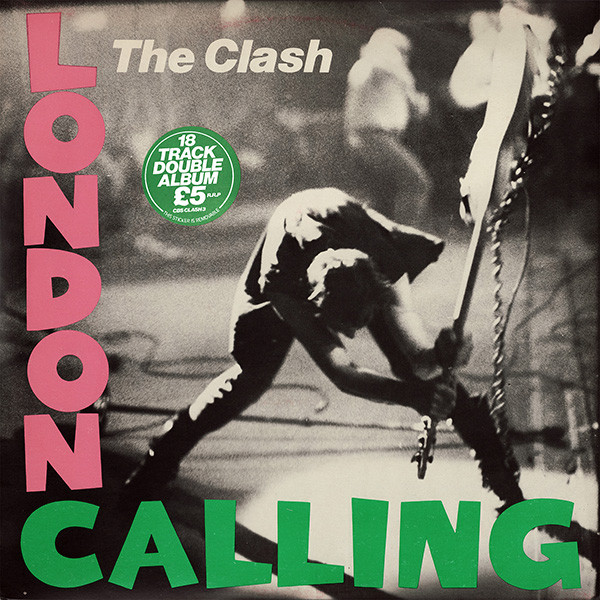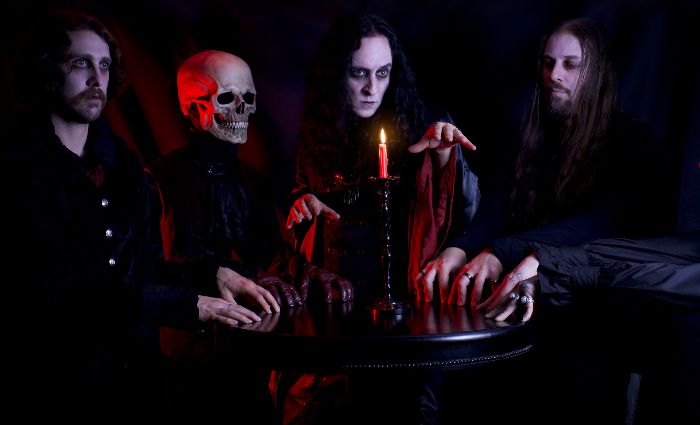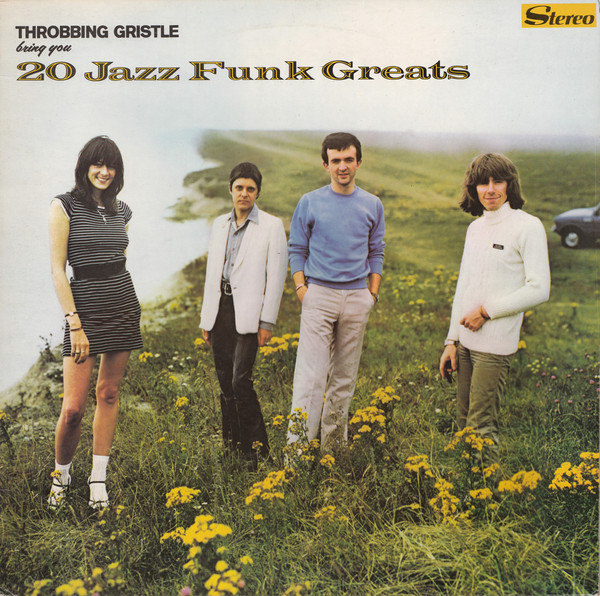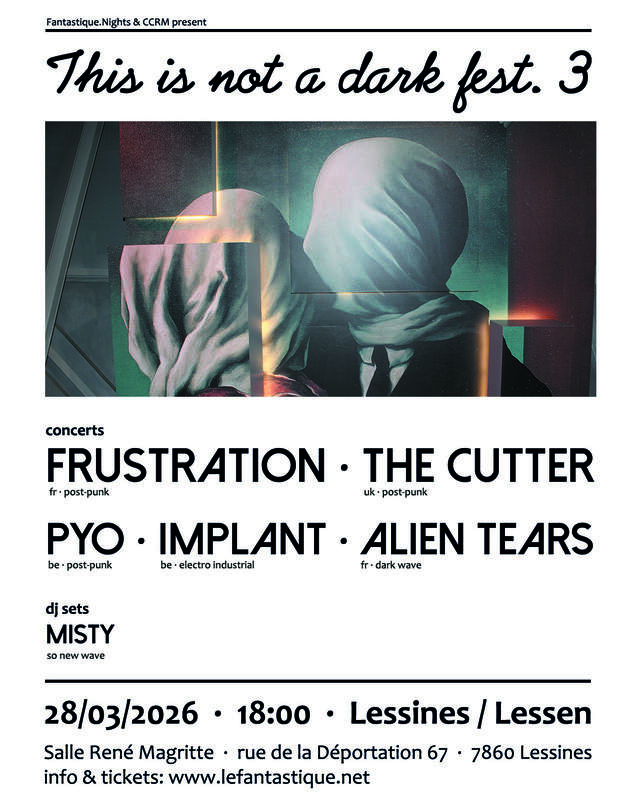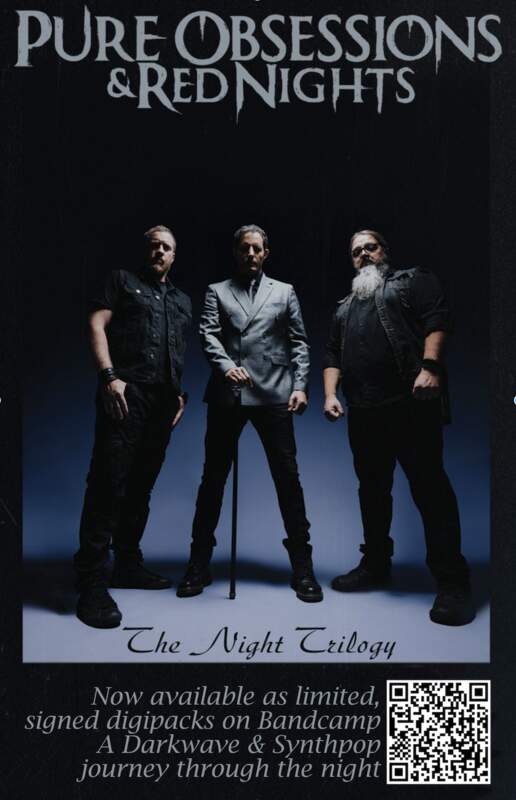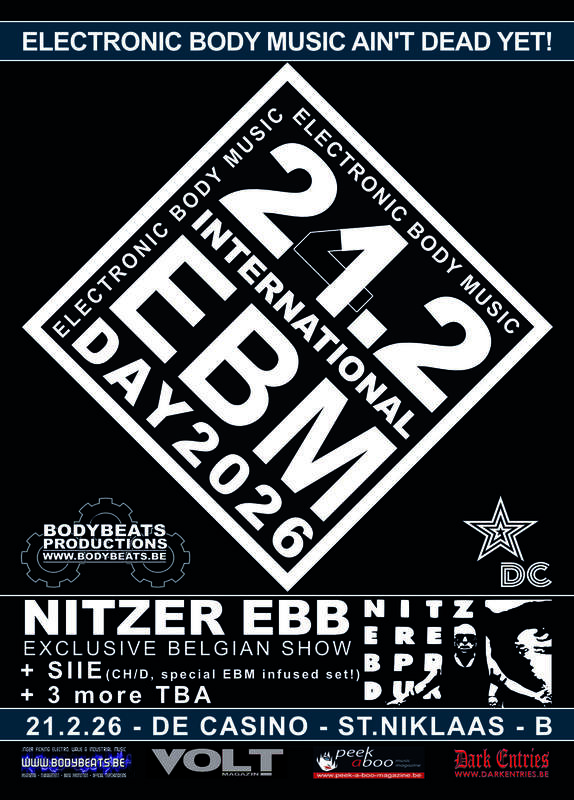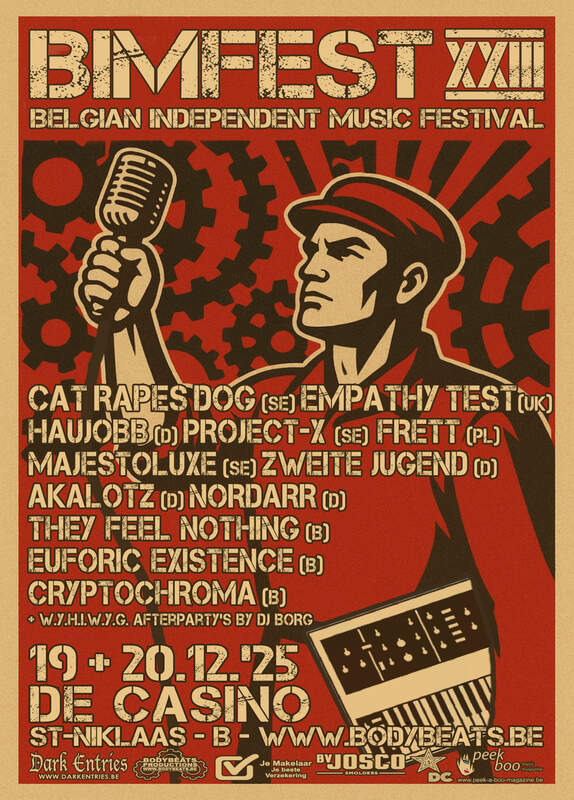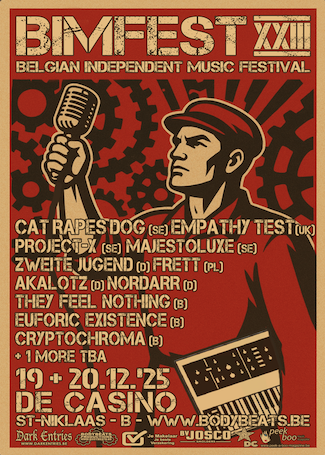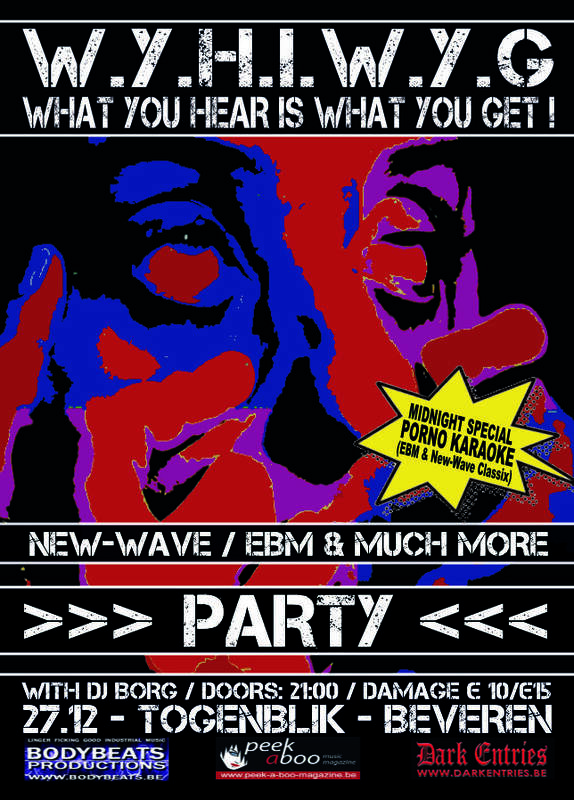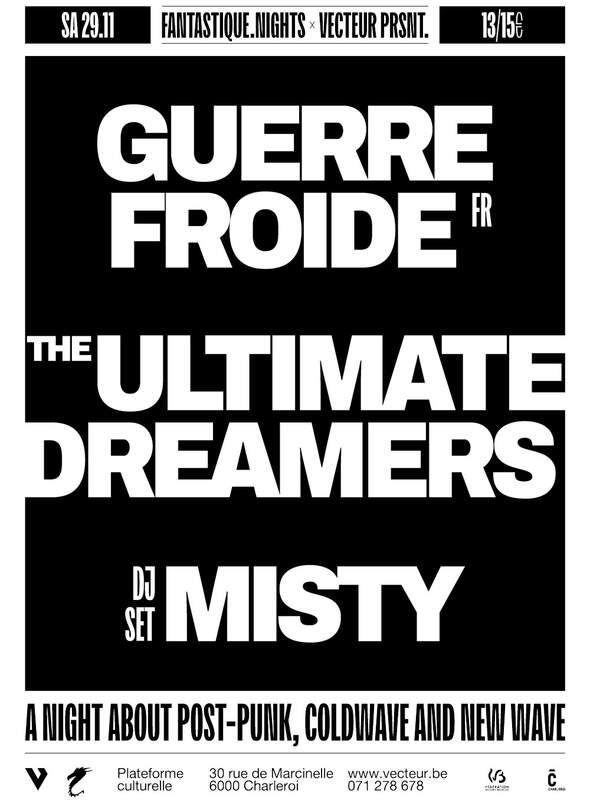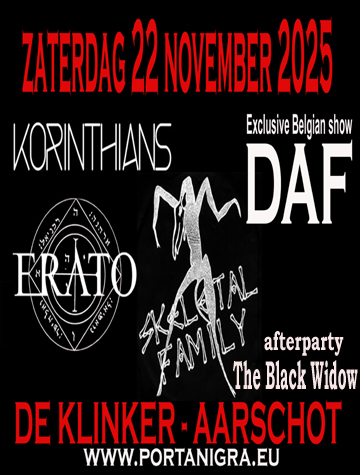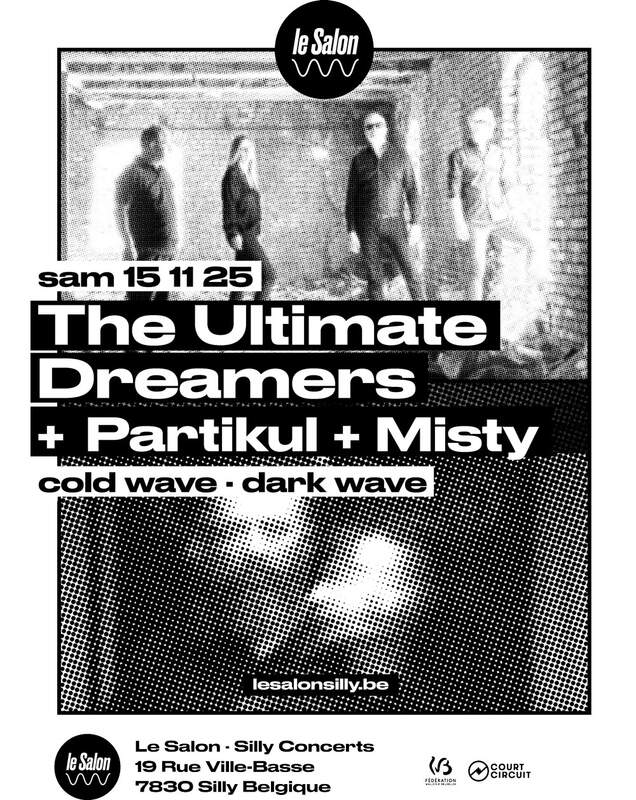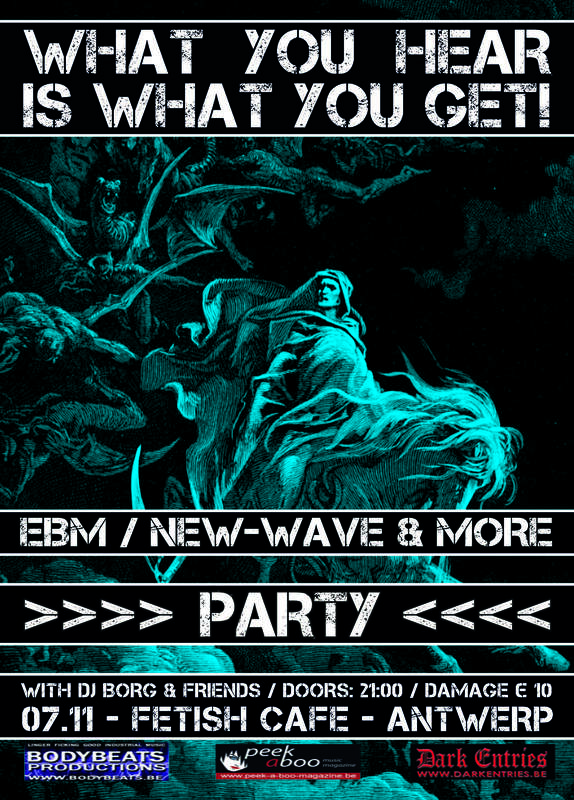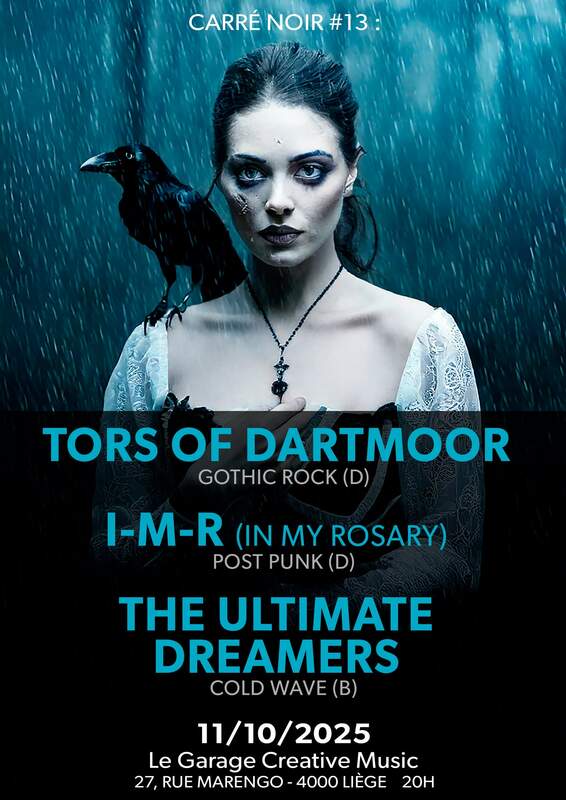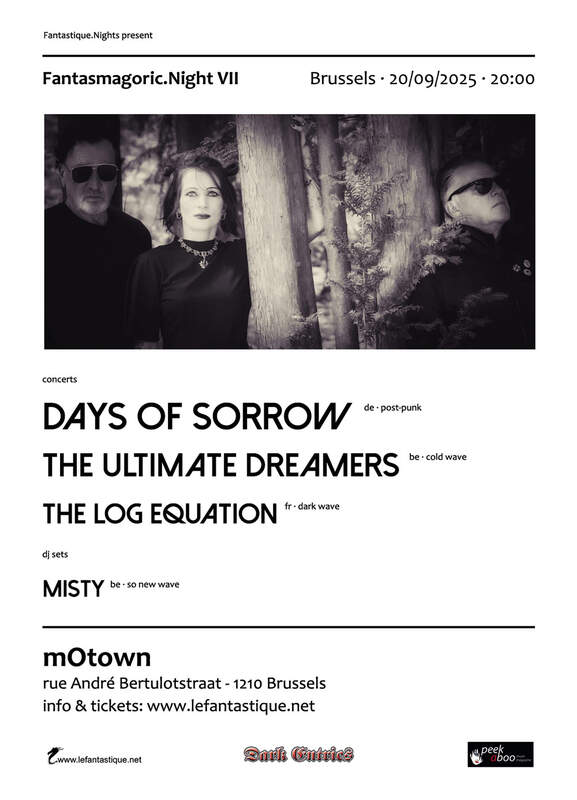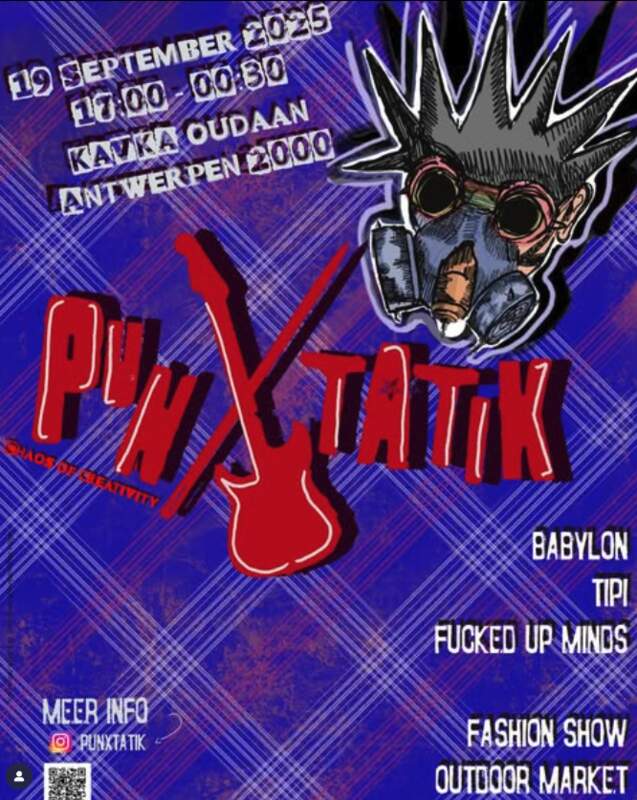On the fourteenth-of-December 1979 The Clash reached the pinnacle of their creativity with a release which still echoes not only in music but in society, a sprawling double-album which is still relevant as the band crossover the divide between Rock and Punk.
Joe Strummer channels the chaos of the apocalypse directly into the snarling opener, his venomous-vocal line, with a solid belief in every phrase he spits out;
“London calling, now don't look to us
Phony Beatlemania has bitten the dust”.
This is the perfect opener, the mindset and mood is laid out from the start, Strummer uses an almost clairvoyant warning to us of the decay that is coming;
“The ice age is coming, the sun is zooming in,
Meltdown expected, the wheat is growin' thin”.
Following this with the psycho-billy rampage of “Brand New Cadillac”, a cover of the Vince Taylor classic and used here as a two-minute bolt of energy.
The new-found reggae and dub sound The Clash started to experiment with found its way onto the album in “Rudie Can’t Fail”, whereas “Spanish Bombs” takes the bombing of hotels in the Costa Brava combined with echoes of the Spanish Civil War and in Strummers hands it becomes the setting for an all out rocker.
A very varying scope on society appears throughout the record, themes of consumerism and over-commercialism is attached on “Lost In The Supermarket”, the divide in social standings all come under appraisal, alienation and the effect on the human psyche. Similar to this is “Clampdown”, the effects of economic-capitalist ideas on the youth, The Clash never lost their punk-spirit, their ideals, all was very much intact even if the music became more refined:
“We will teach our twisted speech
To the young believers
We will train our blue-eyed men
To be young believers”.
Even the Paul Simonon composed and sung “The Guns Of Brixton” is a classic, the reggae-fused song pre-dated the Brixton Riots but already took its story from the movie ‘The Harder They Come’ which dealt with the Brixton-born son of Jamaican immigrants who gets gunned down by police.
There is a cut at the older generation of rock-stars in the incendiary “Death Or Glory”, those rockers who swore they’d rather die than get old, whereas the rock-steady based “Revolution Rock”, which was originally the albums closer is an exuberant number of pure adrenaline;
“Everybody smash up your seats
And rock to this brand new beat
This here music mash up the nation
This here music cause a sensation”.
The closing album-track “Train In Vain” after release as a single became the first Clsh song to break the U.S top-thirty, the Mick Jones sung track with a title which is slightly obscure, more to do with the rhythm sounding like a train, although it got the added on (Stand by me) title on that American single.
Across the ‘London Calling’ album there are nineteen-tracks of killer without filler, an accomplishment for an album of its length, with the instantly recognizable cover it became an instant success which still reverberates thirty-nine years later.
Tracklist
London Calling
Brand New Cadillac
Jimmy Jazz
Hateful
Rudie Can't Fail
Spanish Bombs
The Right Profile
Lost In The Supermarket
Clampdown
The Guns Of Brixton
Wrong 'Em Boyo
Death Or Glory
Koka Kola
The Card Cheat
Lover's Rock
Four Horsemen
I'm Not Down
Revolution Rock
Train In Vain
DISCOGS
After several years in the making, The Sixth Chamber finally unveils the highly-anticipated full-length album, Beyond The Night Veil.
The new album, Beyond The Night Veil, begins with a live in-person recording of Transylvanian gray wolves setting a distinctly vampiric tone. It continues to unfold throughout the twelve tracks of the album and transitions seamlessly into ancient Kemetic, Lovecraftian, funerary, occult, mythological and mystic themes placed over gothic rock, doom and retro metal.
For fans of Black Sabbath, Christian Death, Type O Negative, Danzig and other acts of yore who have triumphed in defiance over the hipsters, haters, losers, liars and scene gatekeepers of the music industry, who have tried and failed over the last few decades to vanquish the flame of the undying rock 'n' roll underground.
Special guest musicians on the album include keyboardist Alan St. Jon of Alice Cooper/Billy Squier fame, Steve Jansson of Crypt Sermon, and Canadian violin virtuoso Lillian Liu.
Beyond The Night Veil is available on Spotify and all major digital platforms NOW!
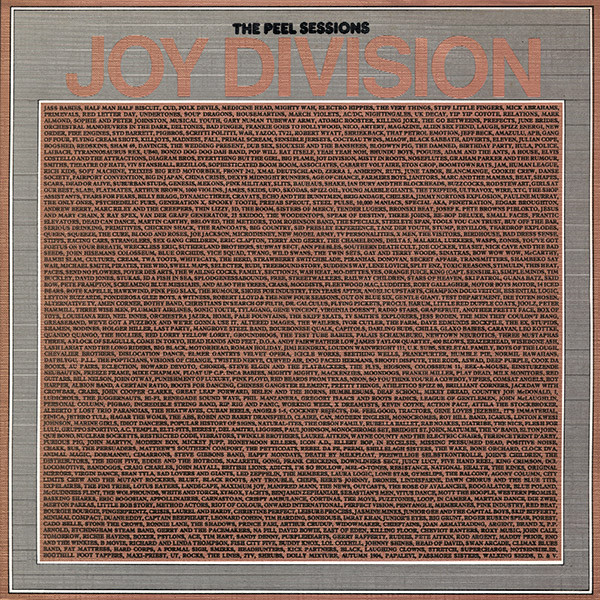
On this day, 44 years ago John Peel broadcasted Joy Division's 2nd Peel Sessions!
Today it’s been 44 years since Joy Division’s second Peel Session was broadcasted for the first time by John Peel on BBC radio (December 10th, 1979).
All tracks, previously unreleased at that time, were recorded in the London BBC studios on November 26th, 1979.
The EP of this recording was released in 1986 by Strange Fruit records and spent seventeen weeks in the UK Indie Chart, peaking at number 3!
Joy Division - The Peel Sessions (II)
A1. Love Will Tear Us Apart 3:20
A2. 24 Hours 4:05
B1. Colony 4:08
B2. Sound of Music 4:20
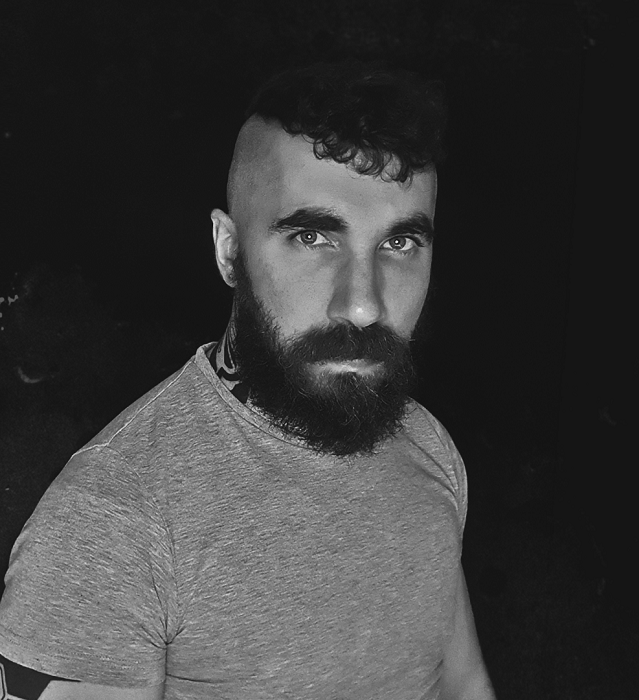
Industrial Metal Project Binary Order Reveals ‘The Future Belongs To The Mad’ LP
UK industrial project Binary Order has recently unveiled their long-awaited full-length LP, The Future Belongs To The Mad on November 28th.
Work on The Future Belongs To The Mad took place over the course of nine months, from December 2022 until August 2023, and was written, produced and performed by Benjamin Blank. Containing twelve tracks of industrial metal, IDM and electronic cyberpunk inspired soundscapes, The Future Belongs To The Mad is a sprawling, epic, multi genre soundtrack to our own oblivion.
“It's never easy to be honest about these kind of things, but I feel it’s important with this release to be so. The Future Belongs To The Mad was written during possibly the most difficult period I've ever had to get through - a period I'm not actually done dealing with - and one from which I now fear I shall never depart.
This album is an expression of my own inability to find meaning or purpose in life. And the utter disdain and emotional distraught that comes from the accumulation of living like that year, after year, after year. With this album I've managed to turn something that is for all intents and purposes destroying me, and created what is without any doubt in my mind, the greatest accomplishment of my life.
I don’t know if there is going to be anymore Binary Order after this. Finishing this album felt like an impossibility at one point, and now it’s done I feel like I am too. I hope anyone who listens to this can find something of value within it. If not then I just appreciate having this platform to express myself in this way because it has kept me alive." - Benjamin Blank
This December, 44 ago, Throbing Gristle released the album 20 Jazz Funk Greats. It was released in December 1979 by the band's own label Industrial Records. It is regarded as the band's best work, with music magazines naming it the best album of the 1970s, and the best industrial album of all time.
Actually it is the band's first real full studio album, as prior albums contained both live and studio recordings. The album was recorded on a 16-track tape recorder borrowed from Paul McCartney after Peter Christopherson had worked on some artwork for McCartney.
The album was produced meanly using effects units and instruments from Roland and Boss.
The album's cover photograph was taken at Beachy Head, a chalk headland on the South coast of England known as one of the world's most notorious suicide spots.
In a 2012 interview, Cosey explained the album cover and tongue-in-cheek title:
“We did the cover so it was a pastiche of something you would find in a Woolworth’s bargain bin. We took the photograph at the most famous suicide spot in England, called Beachy Head. So, the picture is not what it seems, it is not so nicey nicey at all, and neither is the music once you take it home and buy it. We had this idea in mind that someone quite innocently would come along to a record store and see [the record] and think they would be getting 20 really good jazz/funk greats, and then they would put it on at home and they would just get decimated.”
The 1981 issue of the album released on Fetish Records featured an alternate version of the cover art in which an apparently dead and naked male body is seen lying in front of the band. In 2013, Radiohead graphic designer Stanley Donwood selected the artwork as his favorite album cover.
20 Jazz Funk Greats
|
A1. |
"20 Jazz Funk Greats" |
2:51 |
|
A2. |
"Beachy Head" |
3:42 |
|
A3. |
"Still Walking" |
4:56 |
|
A4. |
"Tanith" |
2:20 |
|
A5. |
"Convincing People" |
4:54 |
|
A6. |
"Exotica" |
2:53 |
|
|
||
|
|
|
|
|
B1. |
"Hot on the Heels of Love" |
4:24 |
|
B2. |
"Persuasion" |
6:36 |
|
B3. |
"Walkabout" |
3:04 |
|
B4. |
"What a Day" |
4:38 |
|
B5. |
"Six Six Sixties"
|
|
All tracks were written by Throbbing Gristle:
- Genesis P-Orridge – vocals, bass guitar, violin, vibraphone, synthesizer
- Cosey Fanni Tutti – guitar, synthesizer, cornet, vocals
- Chris Carter – synthesizer, album sequencing, drum programming, vocals
- Peter Christopherson – tape, vibraphone, cornet, vocals


